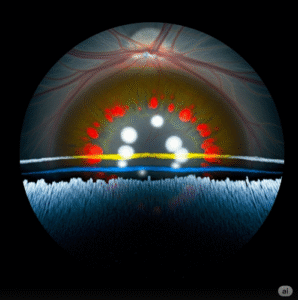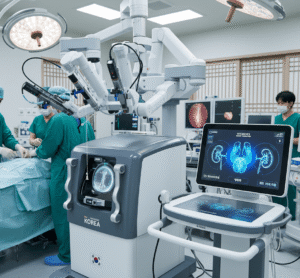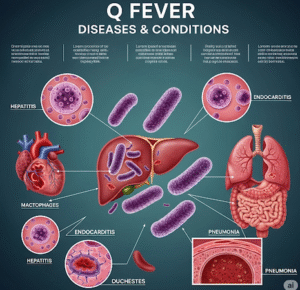Overview
Diabetes insipidus (DI) is a rare disorder affecting water balance in the body, leading to excessive thirst and urine output. In Korea, DI is managed by endocrinologists in specialized hospitals, with a focus on diagnosis, hormone replacement, and lifestyle management.
What is Diabetes Insipidus?
Diabetes insipidus occurs when the body cannot properly regulate fluid balance, due to either insufficient production of antidiuretic hormone (ADH) or kidney resistance to ADH. Unlike diabetes mellitus, it is not related to blood sugar levels.
Symptoms
- Excessive thirst (polydipsia)
- Large volumes of dilute urine (polyuria)
- Frequent urination, including nighttime urination (nocturia)
- Dehydration if fluid intake is inadequate
- Fatigue and dry skin
Causes
- Central DI: damage to the hypothalamus or pituitary (tumor, surgery, infection, trauma)
- Nephrogenic DI: kidneys resistant to ADH (genetic or acquired)
- Rarely, gestational DI caused by enzyme deficiency in the placenta
Risk Factors
- Brain surgery or head trauma
- Pituitary or hypothalamic tumors
- Genetic predisposition for nephrogenic DI
- Certain medications (e.g., lithium)
- Kidney disorders
Complications
- Severe dehydration
- Electrolyte imbalance (e.g., hypernatremia)
- Kidney damage if untreated
- Impaired daily functioning due to excessive urination
Prevention
- No guaranteed prevention, but early diagnosis after head injury or surgery is important
- Avoid medications known to affect kidney response to ADH unless necessary
- Regular follow-up in patients with pituitary or kidney disorders
Treatment Options in Korea
- Diagnosis
- Urine output measurement and water deprivation test
- Blood and urine osmolality tests
- MRI of the hypothalamus and pituitary for central DI
- Genetic testing for nephrogenic DI
- Medical Treatments
- Desmopressin (DDAVP) for central DI
- Adequate hydration and electrolyte management
- Thiazide diuretics or NSAIDs for nephrogenic DI
- Adjustments of causative medications
- Rehabilitation & Support
- Education on fluid management and recognizing dehydration
- Regular monitoring of electrolytes and kidney function
- Lifestyle counseling to manage frequent urination and sleep disturbances













